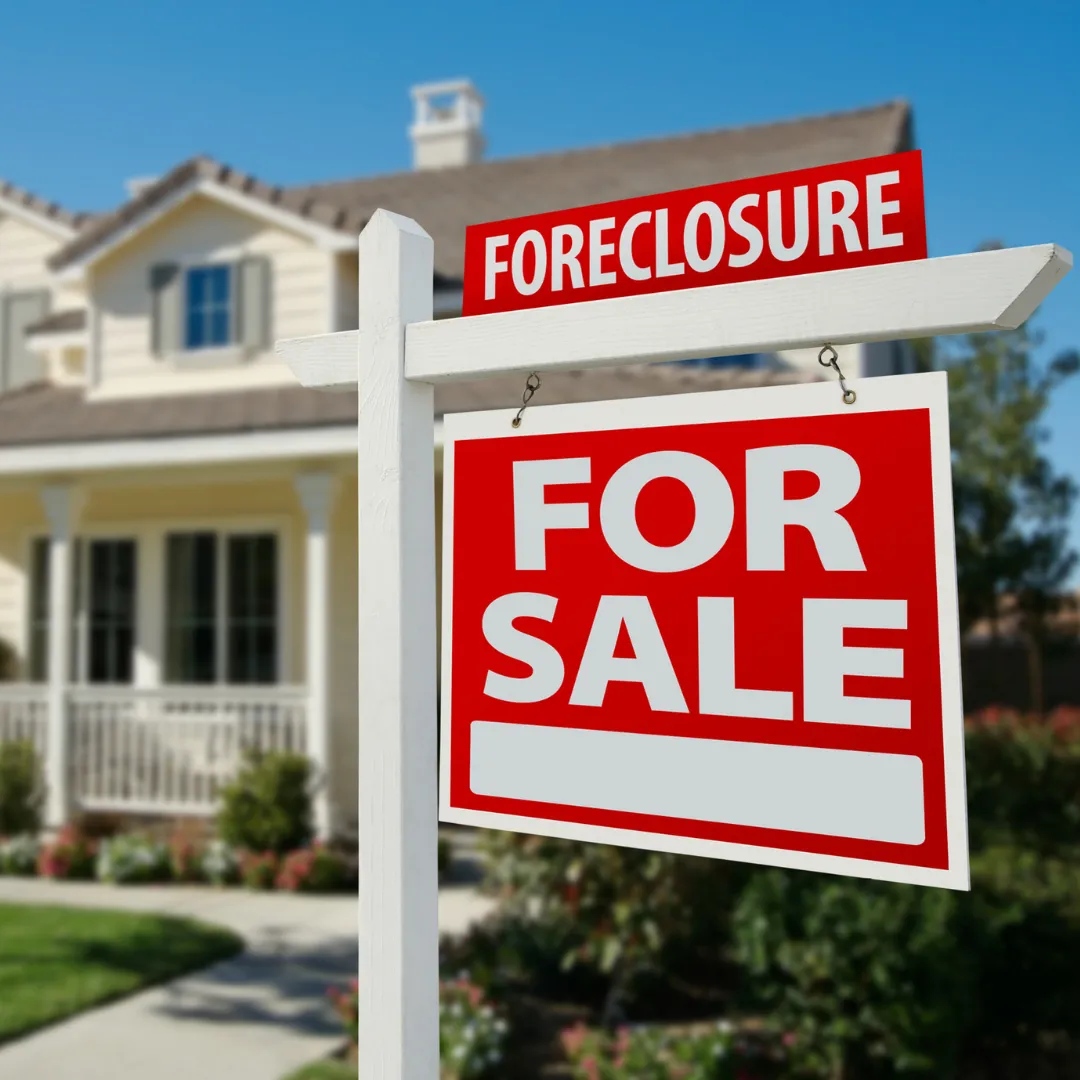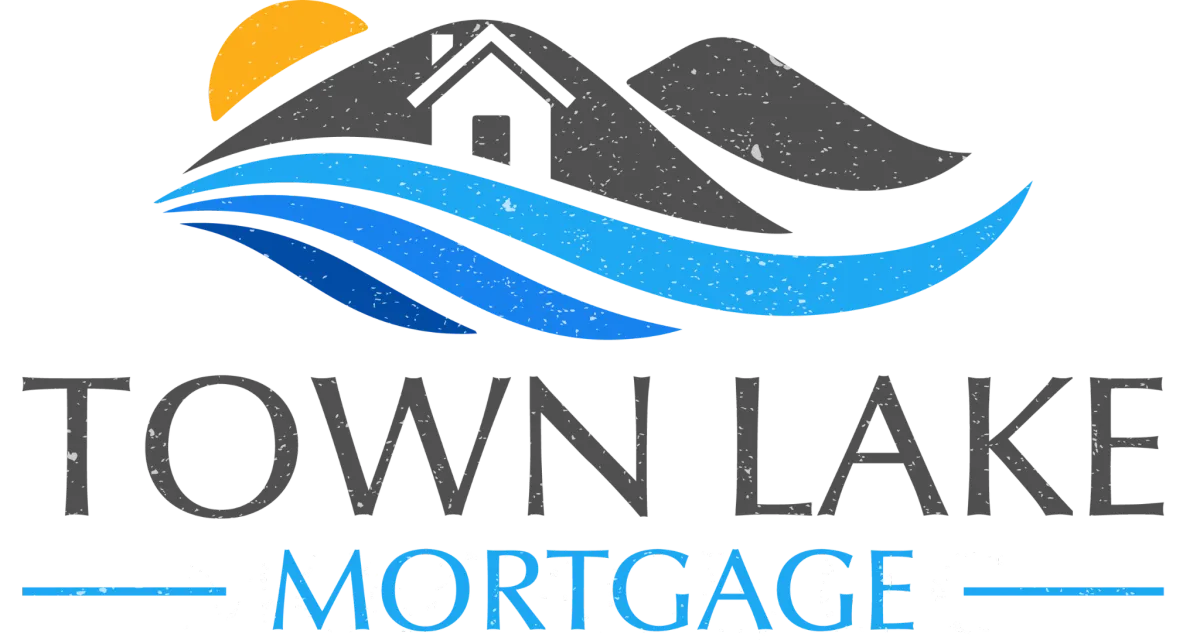Mortgage Basics
Foreclosure
Understanding Mortgage Foreclosure
Mortgage foreclosure is a legal process through which a lender repossesses a property from a homeowner who has failed to keep up with their mortgage payments. It's typically initiated when the homeowner becomes delinquent, usually after missing several consecutive payments. The lender then files a notice of default with the court, officially starting the foreclosure process. This can be a distressing and challenging time for homeowners, as they face the prospect of losing their home and dealing with the financial repercussions of foreclosure.
Foreclosure Process Overview
The foreclosure process can vary depending on the state laws and the type of mortgage. Generally, it begins with the lender sending a notice of default to the homeowner, informing them that they are in breach of their mortgage agreement. If the homeowner does not take action to resolve the default, the lender will proceed with a notice of sale, setting a date for the foreclosure auction. At the auction, the property is sold to the highest bidder, usually the lender, who then becomes the owner of the property.
Effects of Foreclosure
Foreclosure can have serious and long-lasting effects on homeowners. One of the most immediate consequences is the loss of their home, which can be emotionally devastating. Additionally, foreclosure can severely damage a homeowner's credit score, making it difficult to secure loans or credit in the future. It can also impact their ability to rent a home or find housing, as landlords often conduct credit checks on prospective tenants.
Avoiding Foreclosure
There are several steps homeowners can take to avoid foreclosure. One option is to contact their lender as soon as they realize they are struggling to make payments. Lenders may be willing to work out a repayment plan or modify the terms of the loan to make it more affordable. Another option is to explore government programs designed to help homeowners facing foreclosure, such as the Home Affordable Modification Program (HAMP) or the Principal Reduction Alternative (PRA). Seeking assistance from a housing counseling agency can also be beneficial, as counselors can provide guidance on navigating the foreclosure process and finding alternatives to foreclosure.
Seeking Legal Advice
Given the complexities of foreclosure laws and processes, homeowners facing foreclosure should strongly consider seeking legal advice. A qualified attorney can help homeowners understand their rights and options, negotiate with lenders on their behalf, and represent them in court if necessary. An attorney can also help homeowners explore alternative options to foreclosure, such as short sales or deeds in lieu of foreclosure, which can help them avoid some of the negative consequences of foreclosure.

Mortgage Basics
Foreclosure

Understanding Mortgage Foreclosure
Mortgage foreclosure is a legal process through which a lender repossesses a property from a homeowner who has failed to keep up with their mortgage payments. It's typically initiated when the homeowner becomes delinquent, usually after missing several consecutive payments. The lender then files a notice of default with the court, officially starting the foreclosure process. This can be a distressing and challenging time for homeowners, as they face the prospect of losing their home and dealing with the financial repercussions of foreclosure.
Foreclosure Process Overview
The foreclosure process can vary depending on the state laws and the type of mortgage. Generally, it begins with the lender sending a notice of default to the homeowner, informing them that they are in breach of their mortgage agreement. If the homeowner does not take action to resolve the default, the lender will proceed with a notice of sale, setting a date for the foreclosure auction. At the auction, the property is sold to the highest bidder, usually the lender, who then becomes the owner of the property.
Effects of Foreclosure
Foreclosure can have serious and long-lasting effects on homeowners. One of the most immediate consequences is the loss of their home, which can be emotionally devastating. Additionally, foreclosure can severely damage a homeowner's credit score, making it difficult to secure loans or credit in the future. It can also impact their ability to rent a home or find housing, as landlords often conduct credit checks on prospective tenants.
Avoiding Foreclosure
There are several steps homeowners can take to avoid foreclosure. One option is to contact their lender as soon as they realize they are struggling to make payments. Lenders may be willing to work out a repayment plan or modify the terms of the loan to make it more affordable. Another option is to explore government programs designed to help homeowners facing foreclosure, such as the Home Affordable Modification Program (HAMP) or the Principal Reduction Alternative (PRA). Seeking assistance from a housing counseling agency can also be beneficial, as counselors can provide guidance on navigating the foreclosure process and finding alternatives to foreclosure.
Seeking Legal Advice
Given the complexities of foreclosure laws and processes, homeowners facing foreclosure should strongly consider seeking legal advice. A qualified attorney can help homeowners understand their rights and options, negotiate with lenders on their behalf, and represent them in court if necessary. An attorney can also help homeowners explore alternative options to foreclosure, such as short sales or deeds in lieu of foreclosure, which can help them avoid some of the negative consequences of foreclosure.
About Us
Town Lake Mortgage is your online resource for personalized mortgage solutions, fast customized quotes, great rates, & service with integrity.
NMLS: 2454803
Contact Us
About Us
is your online resource for personalized mortgage solutions, fast customized quotes, great rates, & service with integrity.
NMLS: 2454803
Contact Us

